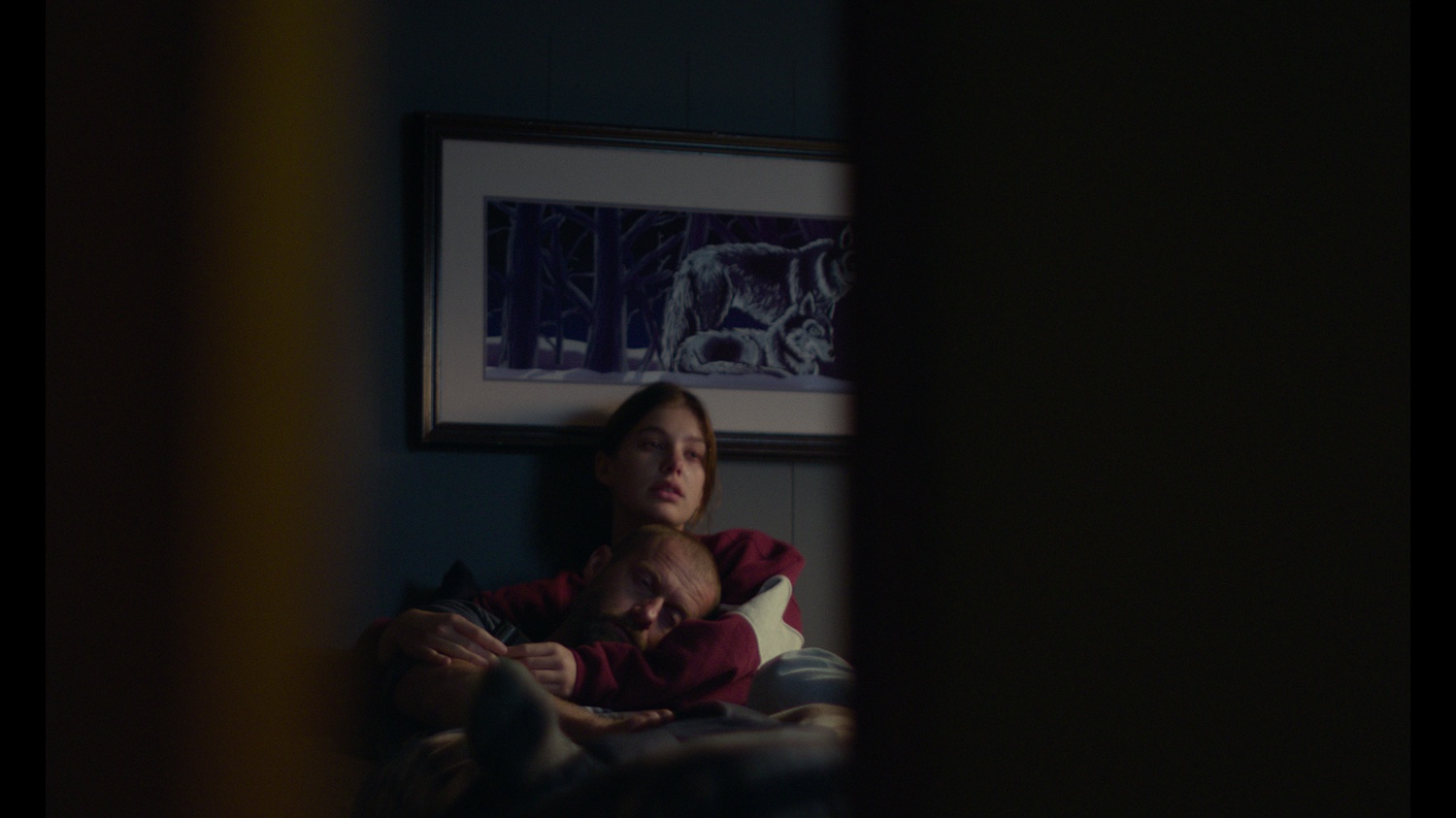
News
Pro-Palestine Encampment Represents First Major Test for Harvard President Alan Garber

News
Israeli PM Benjamin Netanyahu Condemns Antisemitism at U.S. Colleges Amid Encampment at Harvard

News
‘A Joke’: Nikole Hannah-Jones Says Harvard Should Spend More on Legacy of Slavery Initiative

News
Massachusetts ACLU Demands Harvard Reinstate PSC in Letter

News
LIVE UPDATES: Pro-Palestine Protesters Begin Encampment in Harvard Yard
‘Mickey and the Bear’ Says Little — But Says the Necessary Things Well
Dir. Annabelle Attanasio—4.5 STARS

Plenty of lesser-known films contain prolonged shots of the countryside, portrayed in silence until the next scene filled with people appears. “Mickey and the Bear,” 26-year-old Annabelle Attanasio’s directorial debut, certainly seems to be one of those, yet none of these extended moments feel gratuitous. Instead, they portray the uncanny feeling of being trapped beneath an expansive sky that should otherwise represent endless possibilities. Attanasio’s first film is an absolute success in its depiction of the myth — for many — of American upward mobility and its accompanying suffocation.
Mickey (Camila Morrone) — short for Michaela, which is only said once throughout the entire film — lives with her single father, Hank (James Badge Dale), in Anaconda, Montana. There’s no need for Attanasio to show us through grand gestures that Mickey loves him. Hank is an alcoholic addicted to Oxycontin, which often forces Mickey to get more pills for him. Her boyfriend, Aron (Ben Rosenfield), loves her but is immature, and she is uncertain about going to college. That is, whether she’ll get in, go, or be able to afford it.
Much of the movie is spent in silence. Mickey bikes across town,works in the taxidermy shop, sits alone bathed in purple light, eats at the outskirts of Anaconda. It’s in these moments that the film builds its tension: Inevitably, Hank will explode at her for asking questions about Vanessa, her mother who has long since passed away, or Aron will yell after her in the distance for being angry when forced to give him a blow job. In all of these encounters, Mickey holds her own, protecting herself above all.
Even Mickey’s relationship with the visiting student from England, Wyatt (Calvin Demba), is spent quietly. He speaks in a lower tone than the other men in her life, a strong contrast to the physical and emotional struggle that is parenting a man who cannot parent her. He is the only person who truly sees her, but even he cannot stick around when the reality of her situation truly hits him.
The film’s turning point comes when Wyatt walks away from her. His UK accent metaphorically speaks to a world outside, the smallest hints of which have permeated her world and made her think about what could lie beyond caring for Hank indefinitely. This low point in Mickey’s life is also when Mickey sees how difficult it is to endure the unyielding feeling of suffocation in a place that promises her no fulfilling future.
Some aspects of the film are a tad cliché: High school kids listen to music in the back of the room and walk outside alone for miles to escape; a clingy boyfriend can never understand her deeper desires. Yet, perhaps these clichés exist for a reason, and they do not diminish the silent solemnity of Morrone’s performance in the titular role.
The film’s score is as powerful as the acting, especially in the final scene that speeds up with the increasing pace of Morrone’s own movement. Though spare, it is powerful, conveying the words that neither Hank, nor Wyatt, nor Aron can utter themselves.
“Mickey and the Bear” acts as a snapshot of rural American life, a part of America that urban elites would sometimes like to pretend to forget. But Mickey’s struggle to leave, to cobble together $164 for a plane ticket to San Diego is told without commentary or judgement. She doesn’t get emotional, because she cannot. No one in her life is constant, and, watching, the viewer will forget that she’s only 18.
—Staff writer Cassandra Luca can be reached at cassandra.luca@thecrimson.com, or on Twitter @cassandraluca_
Want to keep up with breaking news? Subscribe to our email newsletter.
